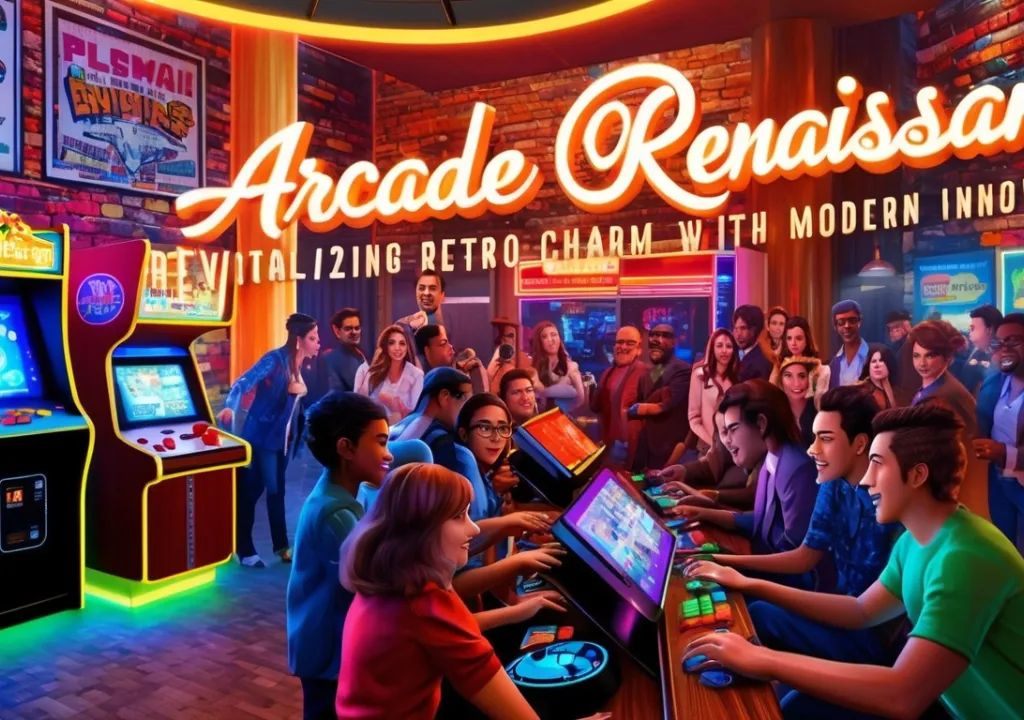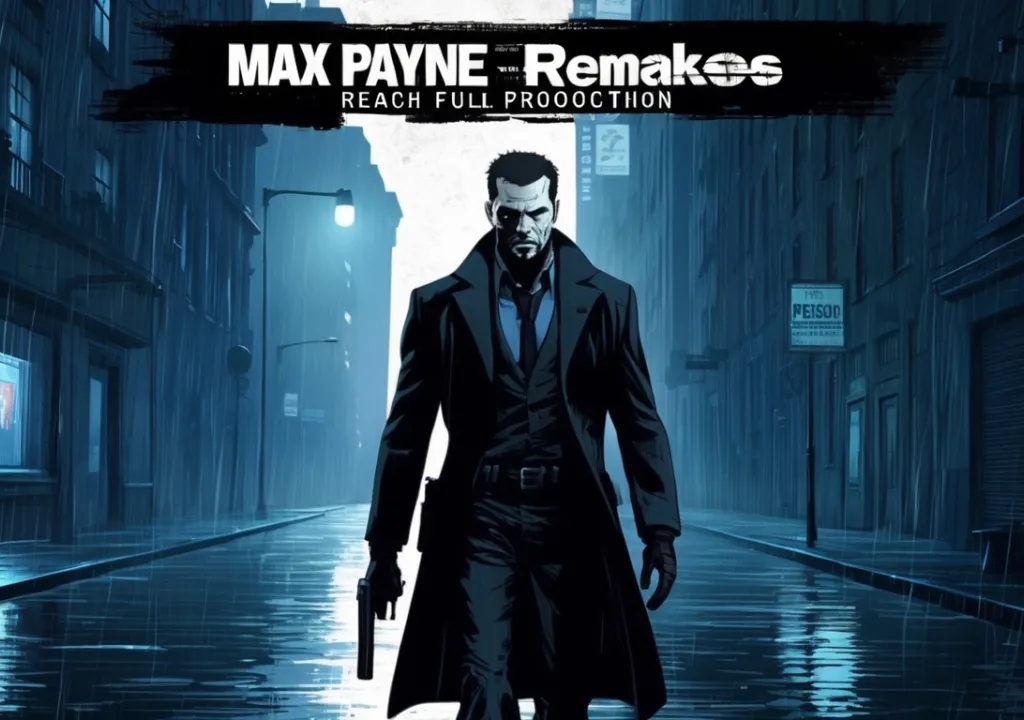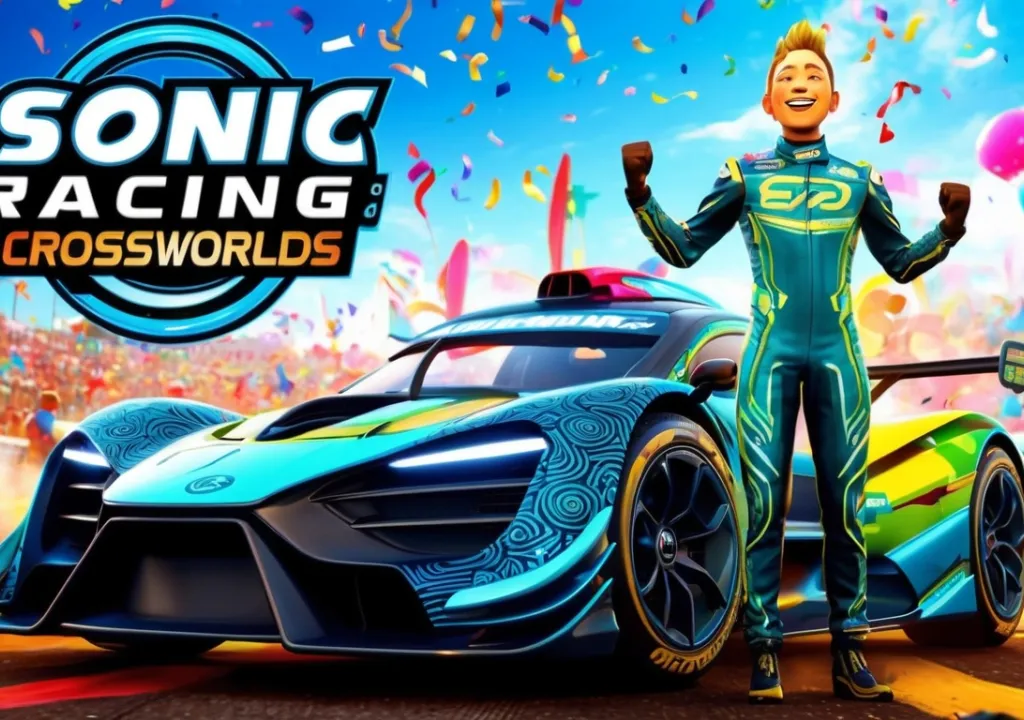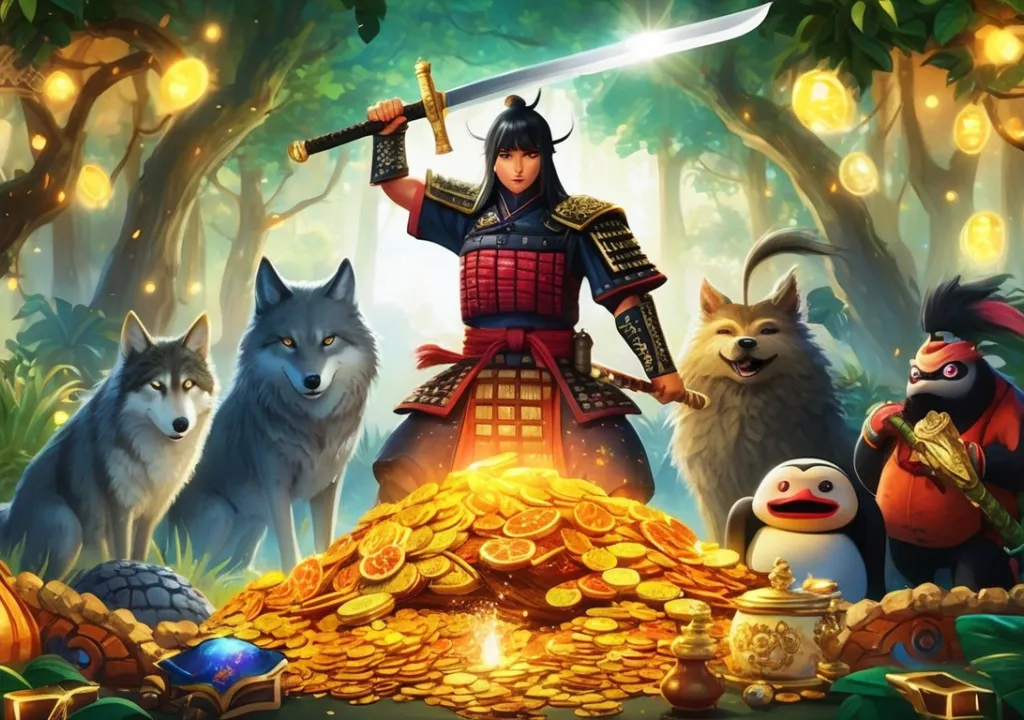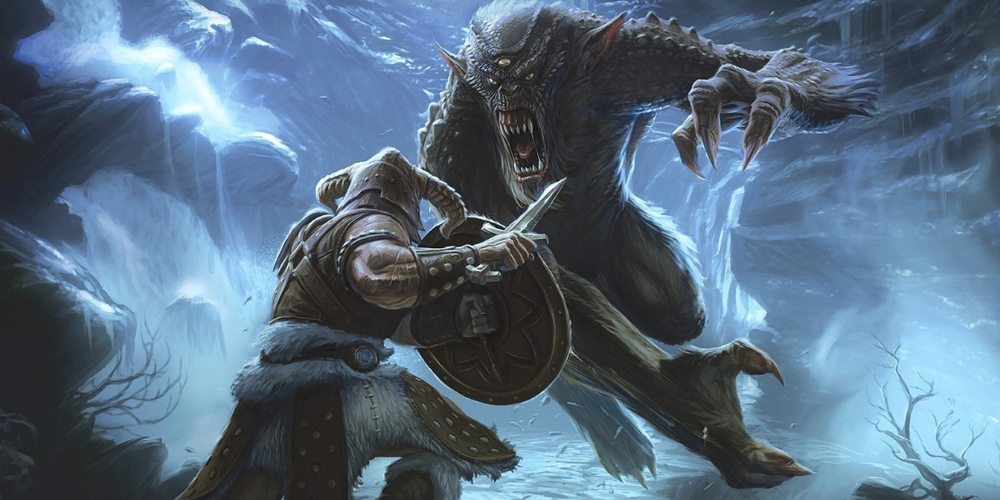
RPG is the most democratic genre because both multimillion-dollar blockbusters and dream projects made by a team of several people with naked enthusiasm can compete on equal terms in it. If there is a prescribed world, fascinating quests, and intelligently implemented pumping, then graphic delights are not so important. Therefore, in the final top, we have role-playing games of all scales, budgets, and subgenres. In addition to the FromSoftware creations — after fierce disputes with inclusions of self-mutilation, the editors agreed that it was more appropriate to classify them as action games.
Fifth place — Divinity: Original Sin 2
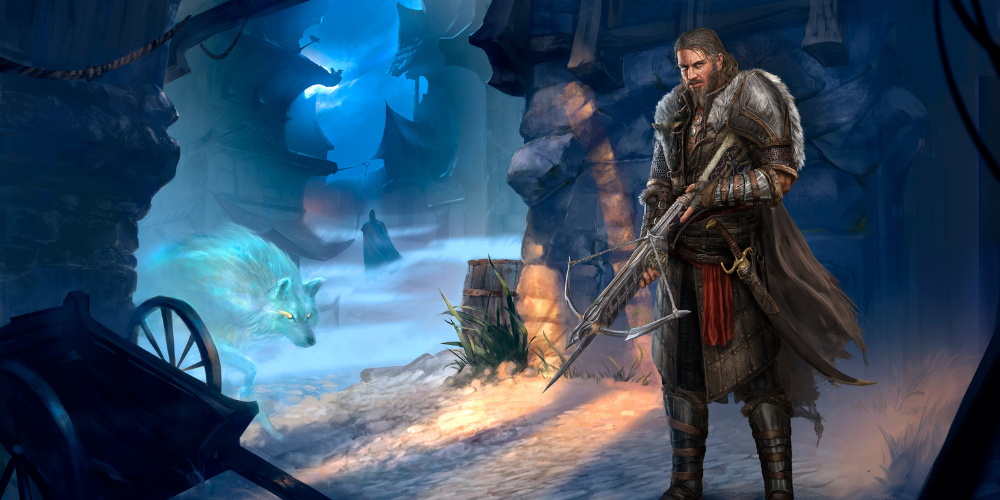
Divinity: Original Sin thundered all over the world and overnight made Larian Studios a prominent player in the market. Therefore, it was difficult to imagine that the planned sequel would turn out even better, that the authors would be able to jump over their heads — but they succeeded. Divinity: Original Sin 2 has become, perhaps, almost the only case in history when a game funded through Kickstarter not only failed to meet expectations but, in many ways, surpassed them.
This is an RPG where you can sit for more than ten hours in the prologue and even somehow be surprised that it didn't drag on for longer. This RPG is so big and ambitious that in the hands of any other developer, its scope would have turned into a disaster — but Larian Studios knew what it was doing. Divinity: Original Sin 2 is not a computer RPG inspired by tabletop role-playing games, but on the contrary. This is a party in D &D or Pathfinder, put on digital rails, where the master is very loyal to the players and loves it when they experiment.
Do you want to put a barrel of resin in your inventory? Well, why not? It will come in handy. Two characters in a cooperative decided to act against each other. Great, I just have plot twists on this. Is it possible to drain a puddle and then electrify a cloud of steam to stun enemies? Yes, yes, and yes again — only then don't go into this cloud yourself.
Divinity: Original Sin 2 surprises from the first minutes and does not stop throwing surprises right up to the credits, all hundred (!) hours of gameplay. This is a modern classic: in ten years, it will be spoken of with the same reverence as Baldur's Gate.
Fourth place — Mass Effect 2
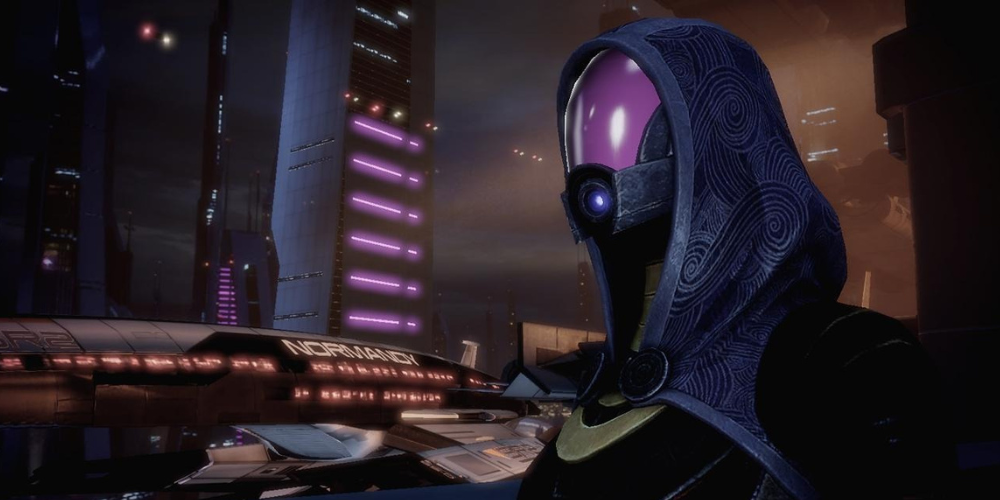
Mass Effect 2 has become one of the last games from BioWare, which managed to earn almost unanimous approval from RPG fans. And there were reasons for that. It boasted a lot of bright characters with well—crafted stories - from veterans of the previous part like a good old friend Garrus to newcomers, for example, an outwardly tough and rude mercenary Jack or a mysterious Ghost.
The tasks were not just interesting and varied but also wonderfully staged — from a fight on a spaceship flying in the middle of an endless storm to a battle with a huge, terminator-like reaper. Thanks to the modified combat system, it finally became pleasant to shoot from any weapon. The Canadians managed to raise the quality bar set by themselves even higher. Perhaps Mass Effect 2 had only one significant drawback — the main plot of the trilogy did not advance too much after the first part.
Third place — The Elder Scrolls 5: Skyrim
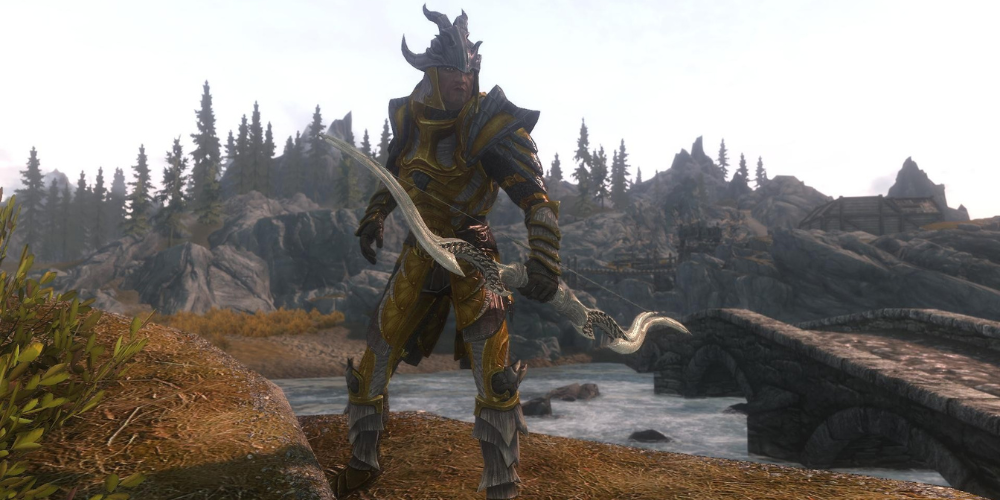
It's really painful to watch Skyrim today. And not because, despite all the reissues, it is godlessly outdated in visual terms, but because it has remained the best creation of Bethesda in the 2010s. Eight years have passed, and the studio has not given out anything bigger or richer. But let's give the developers their due — the bar is really high.
Skyrim led the player by the handle only once — at the very beginning, when it was necessary to escape from a dragon that came from nowhere. But once you get out of the spider cave, the whole harsh snow-covered world lies down before your feet. All roads are open to you, and some are harder than others, but otherwise — absolute freedom. You can follow the plot, master dragon cries, and run errands for the jarl, or you can just run around the mountains, run from giant fish, clean dungeons, turn into a vampire, steal food etc., etc. It fascinated me in 2011, and it fascinates me now.
Second place — Fallout: New Vegas
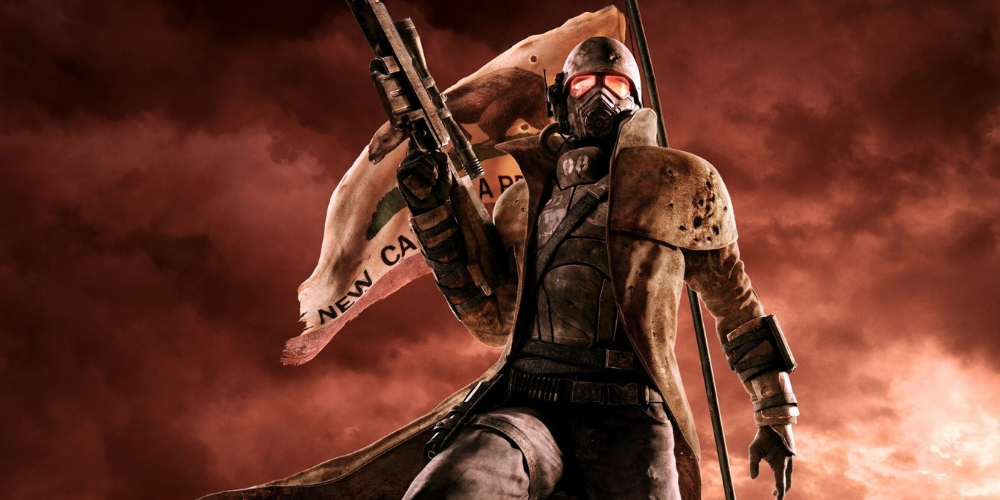
Perhaps no series of classic RPGs has gone through such deep transformations as Fallout. What is technical, what is gameplay, and what is plot-wise? There is a whole Grand Canyon between the numbered second and third parts. And the main trouble is not even that the step-by-step isometry suddenly turned into a shooter with role-playing elements: the God-defying Fallout: Brotherhood of Steel managed to spit on the canon back in 2004.
The problem is that the FPS from Fallout 3 came out very mediocre, the "role-playing elements" worked anyhow, and the central story with the epic final battle for the water pump caused only irritation among fans who were waiting for Van Buren and got what happened. Obsidian Entertainment was entrusted to save the series — people who, under the guise of Black Isle Studios, once created the world of Fallout as such. And they did not fail.
Formally, New Vegas pulls not so much on a full-fledged part of the series as on a big mod, but the specialists from Obsidian made a completely new game on the old engine. The capital's Wasteland, greenish as a beer bottle, was replaced by the expanses of post-nuclear Nevada, shown through a warm orange light filter. There were distinct firearms, full-fledged aiming through the front sight (yes, in Fallout 3, even this was not!), and more or less competent shooting.
The city of Vice New Vegas and its surroundings were populated by colorful heroes like a robot prostitute with a talking name, Fisto, or a super mutant who considers himself a caring grandmother. They were associated with moderately crazy quests with very real, unpredictable, and far-reaching consequences that affect the fate of individuals, towns, and the world as a whole. What can we say about little things like checking skills in dialogues, which again made the S.P.E.C.I.A.L. system useful, a rollicking plot, the famous "Wild Wasteland" perk, or the hot atmosphere of a radioactive western?
In general, even if you transfer New Vegas to the engine of the first parts of Fallout, it will still be interesting to play it. And this is the best recommendation that can be given to an RPG.
First place — "The Witcher 3: Wild Hunt"
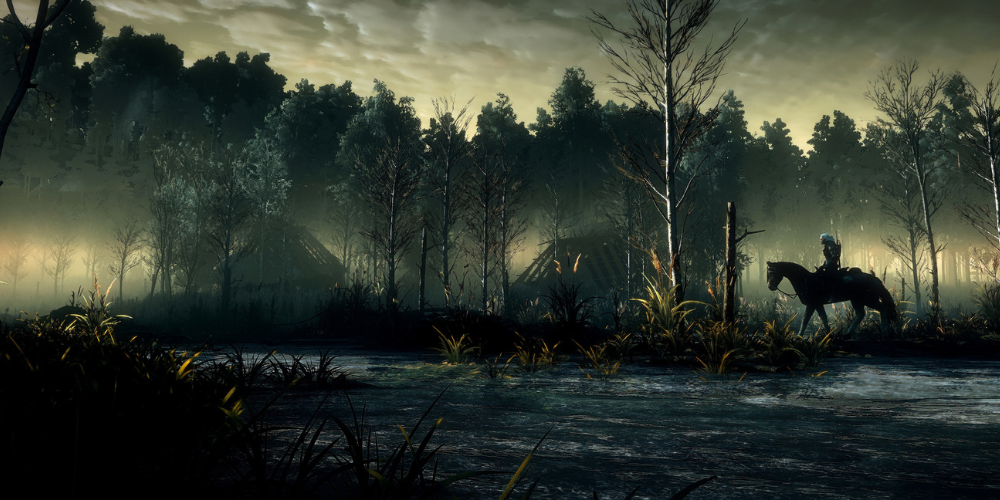
According to all the laws of the gaming industry, CD Projekt Red simply could not get the "Wild Hunt" that we know. Yes, "Witcher 2" came out quite a breakthrough for regional development, but it still felt like an Eastern European game that pretended to be a blockbuster. Well, a swing at a full-fledged open world should have turned out to be, at best, something like the Risen trilogy or the recent Greedfall. But a real miracle happened: at the cost of hellish overwork bordering on human rights violations, Polish craftsmen created a hit by the standards of not only Eastern Europe but also the whole world.
The beauty of the third "Witcher" is that it is really created for everyone. Do you appreciate non-linear quests and bright characters? Already in Vronitsy, both will be in abundance. Do you like a beautiful action movie? Local gangsters are cut into pieces with gusto. Interested in variable pumping?
The local skill tree is branched enough that Geralt can be customized for himself. And if you twist the difficulty level to the limit, then alchemy and blacksmithing will become a truly important component of the gameplay and not just additional items on the menu. "Wild Hunt" did not invent anything but borrowed all the best from the genre and mixed it in such proportions that both casual and hardcore fans can get pleasure from it. Among the RPGs "for everyone", it remains the best almost five years later.

